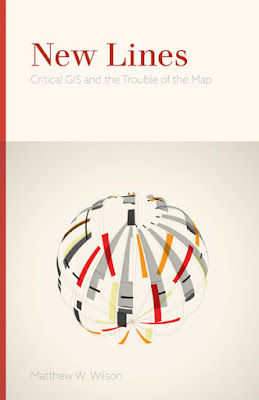Situating Neogeography: A Paper Session at the AAGs
Thus beyond a pronounced series of technological shifts, 'neo-geo' constitutes, and is implicated in, changes to the cultural sphere, capital, and commodity flows. Moreover, it involves a fundamental shift in geographic knowledge production and practice. The boundaries between expert and amateur, artist and scientist, and author and audience are increasingly the substance of new mappings.
In this session at the 2010 AAG meetings in Washington DC, we consider the multiple ways in which new practices around emergent geospatial information technologies are situated -- asking not only how geographical knowledges are given meaning in this representative moment, but how, more diffusely, the practices of mapping have themselves come to be, and are made meaningful.
Organizers:
Matthew W. Wilson, Dept. of Geography, Ball State University
Agnieszka Leszczynski, Dept. of Geography, U. of Washington
Chair: Sarah Elwood, Dept. of Geography, U. of Washington
Matthew W. Wilson, Dept. of Geography, Ball State University
Agnieszka Leszczynski, Dept. of Geography, U. of Washington
Chair: Sarah Elwood, Dept. of Geography, U. of Washington
Presenters:
- Jin-Kyu Jung, U. of North Dakota, Revisiting Constructive Grounded Theory toward the reaction of Neogeography
- Matt McCourt, U. of Maine Farmington, and Owen Dwyer, Indiana U-Purdue U-Indianapolis, Neogeographic Conversations: Situating and Sharing Students' Landscape Investigations
- Agnieszka Leszczynski, U. of Washington, Neogeo as Neolib? Towards a Preliminary Political Economy of VGI
- Wen Lin, U. of Wisconsin La Crosse, Emerging neogeographic practices in China: (new) spaces of participation and resistance?
- Mark Graham, U. of Oxford, Paperclips, Plastic Buckets, and Pork Pies: Potentials for the Peer Production of Transparency


Comments
Post a Comment